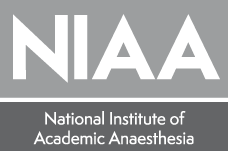PMCS for Health Equity
Identifying and mitigating biases in perioperative predictive models and clinical scoring systems
Predictive models and clinical scores (PMCS) reduce complex healthcare data to help healthcare professionals make the best decisions for their patients. When used in perioperative medicine, PMCS may assist clinicians make choices about whether or not to offer surgery - a high-stakes decision which can lead to harm and/or death in the event of inaccuracy. A 2020 report by the National Institute for Health and Care Excellence (NICE)
flagged that the evidence for use of PMCS in POM is inconsistent, and in some cases inadequate. Many studies have highlighted problems with the way PMCS have been developed and adopted across multiple medical specialties. This inadequate evidence base means that we cannot have confidence that PMCS are reliable. This may be a particular problem for minority groups in society, for whom these tools have often not been tested adequately. Characterising the performance of perioperative PMCS across a range of contexts and patient subgroups is critical to ensure patients and clinicians can accurately interpret their outputs, ensuring patients are protected from poorly performing models, and maximising their ability to benefit. Moreover, there is an opportunity to learn lessons from these widely used tools, enabling future PMCS and other digital health technologies (including artificial intelligence) to be safe, effective and equitable.
Aims
, by:
Comparing performance across demographic subgroups
If appropriate and possible, re-calibrating or updating models
Reporting deficiencies in the development, deployment and use of existing models, promoting learning
Methods
This explanatory sequential mixed-methods project spans three work packages (WP):
- WP1: A cross-sectional survey of professionals working in perioperative care, scoping review, and an interdisciplinary workshop will scope current practice and identify perioperative PMCS with greatest potential to drive inequity
- WP2: A semi-structured interview study of perioperative clinicians will characterise how clinicians choose and use PMCS, including their impacts on health equity.
- WP3: Key PMCS identified earlier in the project will be externally validated on a specially curated dataset of NHS patients, focussing on underserved groups to identify patients for whom the models don't perform well.
Anticipated impact and dissemination
We will improve patients' care by:
1. Providing new knowledge to help clinicians choose perioperative PMCS that are most appropriate for individual patients
2. Providing a roadmap and tools for developers to produce new PMCS and AI medical devices which best meet patients' needs and and reduce health inequity.
3. Engaging key policy and clinical stakeholders to ensure recommendations are adopted and achieve maximal impact.
Lead researcher
Dr Joseph E. Alderman
j.e.alderman@bham.ac.uk
Supervisory team
Dr Dhruv Parekh
Professor Richard Riley
Professor Charlotte Summers
Professor Alastair Denniston




